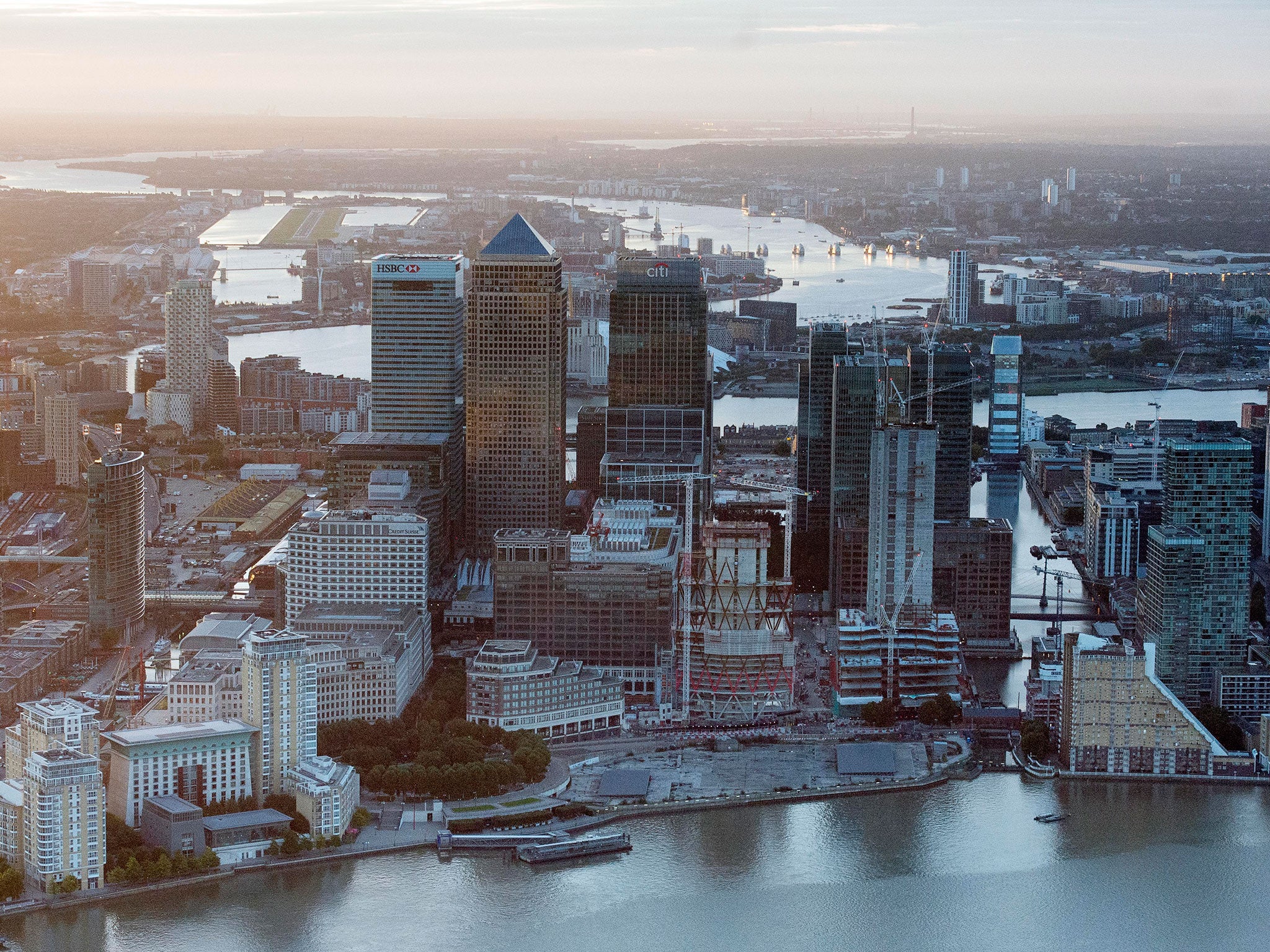MPs demand radical overhaul of laws to protect whistleblowers
Employees who speak out about wrongdoing often suffer mental trauma, damage to careers and end up landed large legal bills, report finds

MPs are calling for a “radical overhaul” of whistleblowing laws to protect people who uncover serious wrongdoing including child sex abuse, financial crime and unlawful discrimination.
The All Party Parliamentary Group (APPG) for whistleblowing is urging the government to ban the use of controversial non-disclosure agreements (NDAs) in whistleblowing cases, after a series of instances in which they had been used to silence allegations against powerful individuals and companies.
Releasing its report on the issue on Monday, the cross-party group recommended creating an Independent Office for the Whistleblower to protect those who speak out against their employer.
MPs heard evidence from more than 400 whistleblowers, finding that some had suffered mental trauma, damage to their careers and been landed with large legal bills after speaking out.
Three-quarters of whistleblowers who gave evidence said they had faced bullying, demotions, pay reductions, suspensions or forced dismissals.
“Not a week goes by when whistleblowing is not making headlines around the world exposing one major tragedy or scandal after another ... Cambridge Analytica or the Rotherham grooming gangs,“ the MPs said in the report.
Such cases demonstrate that “whistleblowers are the first line of defence against corruption, crime and cover-ups”, the report stated.
“The UK regulatory framework of whistleblower protection is complicated, overly legalistic, cumbersome, obsolete and fragmented,” it added.
Whistleblowers receive some legal protection in certain circumstances under the Public Interest Disclosure Act, which was the first of its kind in the EU when it became law in 1998.
The act makes it illegal to fire employees of public and private sector organisations for revealing information in the public interest about alleged wrongdoing including corrupt, illegal or unethical behaviours.
But the APPG said the legislation had failed to protect those who speak out because come employees are still using NDAs to pressure staff into remaining silent. Some whistleblowers told the group of MPs that the arrangements amounted to “window dressing” and “a charade”.
MPs want an urgent review of legal aid to look at extending its availability to whistleblowers and an option for regulators to sue employers on a whistleblower’s behalf to avoid situations in which large companies escape justice by outspending their employees.
Conservative MP Stephen Kerr, who chairs the APPG, said he had heard “harrowing” evidence from whistleblowers.
“Almost weekly we hear of cases in both the public and private sectors that have only come to light due to individuals refusing to stay silent, often despite having huge pressure applied to do so,” Mr Kerr said.
“In far too many of these cases people have been persecuted, [had] their careers ruined and had to deal with serious consequences for them and their families. This is not acceptable.”
“I want to see a gold standard of legislation and support established that will ensure no one can be treated like this.”
Join our commenting forum
Join thought-provoking conversations, follow other Independent readers and see their replies
Comments
Bookmark popover
Removed from bookmarks